Yesterday, 11 of Decembrer, European Commission release the fitness check results and they are largely positive, concluding the EU Water Framework Directive to be “fit for purpose”, acknowledging that the objectives of the law “are as relevant now as they were at the time of the adoption” and that the law has led to “a higher level of protection for water bodies and flood risk management”. The results also saying that any lack of progress is due to ‘insufficient funding, slow implementation and insufficient integration of environmental objectives in sectoral policies, and not due to a deficiency in the legislation’.
The conclusions also reference that : ‘water policy is very important to European citizens. The public consultation received more than 370,000 responses in total, which is an exceptionally high number’. Congratulations to all citizens and NGOs participated through the #ProtectWater campaign making this happen. And of course Living Rivers Europe coalition will be closely monitoring next steps.
These results are a very important first step towards bringing our European freshwater bodies back to life and must revitalize Member States who are now finalising their River Basin Management Plans to achieve the WFD’s objectives during the 2022-2027 cycle. This is an unparalleled opportunity for them to triple and speed-up their efforts on water protection, but also challenge climate change, water scarcity and pollutants of emerging concern for whom the report says that the Water Framework Directive flexible enough to accommodate this emerging pressures.
More infos
>Read Living Rivers Europe press release below
> More info about the campaign and Living Rivers Europe
> press release from ‘European Commission”
The European Commission’s final evaluation of EU water legislation has concluded the EU Water Framework Directive to be “fit for purpose”, acknowledging that the objectives of the law “are as relevant now as they were at the time of the adoption” and that the law has led to “a higher level of protection for water bodies and flood risk management”.
This concludes the two-year evaluation of the Water Framework Directive (WFD) and, by discarding the possibility of revision, sets the EU back on course to bring life back to its rivers through full implementation and enforcement of the law.
The message from the European Commission is clear: the WFD is a critical pillar of the EU’s environmental legislation and is here to stay in its current form. The fitness-check results highlight that the delay in reaching the WFD’s objectives is “largely due to insufficient funding, slow implementation and insufficient integration of environmental objectives in sectoral policies, and not due to a deficiency in the legislation.”
The conclusions come hot on the heels of the European Environment Agency’s State of the Environment Report 2020, which highlighted the WFD as being essential to halting and reversing biodiversity loss. The conclusions are strongly supported by WWF, EEB, Wetlands International, the European Rivers Network and European Anglers Alliance – who together form the Living Rivers Europe coalition and led the #ProtectWater campaign to safeguard the WFD.
Andreas Baumüller, Head of Natural Resources at WWF’s European Policy Office and Chair of the Living Rivers Europe coalition, said
“By signing off the Water Framework Directive as fit for purpose, the European Commission is standing shoulder to shoulder with the hundreds of thousands of European citizens, scientists and civil society groups who have all championed the WFD over the past two years.
We congratulate President Von der Leyen on sealing the deal before the end of the year. As the results point out, slow implementation is to blame for not having yet reached the WFD’s objectives. As expressed yesterday upon the publication of the European Green Deal, the Commission now needs to put its money where its mouth is. It must ensure that Member States submit ambitious plans and concrete actions to achieve the law’s objectives by 2027, and that this is supported by dedicated funding.”
Mark Owen, Freshwater Policy Advisor to the European Anglers Alliance and Living Rivers Europe partner, said
“For 20 years we have been battling Member States to properly implement the Water Framework Directive as the most sustainable way of restoring fish stocks for the millions of anglers who take part in recreational fishing, the thousands of jobs that depend on angling together with the rural economies that directly benefit from angling tourism. Now that the fitness check has determined that the WFD is not only fit for purpose but that failure is due to lack of implementation by Member States, we would expect urgent action to conform with the present legal requirements to deliver for fish and fishing.”
Support for the WFD stretches far and wide
Just last week, an open letter from 5,500+ scientists was sent to Executive Vice-President Timmermans and Commissioner Sinkevičius, calling on them to “save and implement the Water Framework Directive” in order to halt and reverse the catastrophic decline in freshwater biodiversity. Earlier this year, 375,386 citizens took a stand for the WFD through the #ProtectWater campaign, which facilitated citizens’ participation in the European Commission’s public consultation on the WFD (the only opportunity for the general public to have its say during the fitness-check) to express their clear opposition to changing the legislation. This made the public consultation on the WFD the third largest in the history of the EU. It went on to be supported by more than 130 civil society organisations, including national partners and offices of Greenpeace, BirdLife and Friends of the Earth, as well as unions.
A well enforced WFD must be at the heart of the European Green Deal
The gifts people and nature receive from healthy rivers, lakes and wetlands are key to delivering the four main pillars of the European Green Deal. From supporting climate adaptation to protecting biodiversity, fuelling sustainable food systems to thriving economies, a strong WFD forms the necessary baseline to secure all the benefits healthy freshwater ecosystems provide.
Next steps
Looking ahead, it is now important to pull all efforts towards reaching the objectives of the WFD by 2027.
There is a long way to go. 60% of EU surface waters are not healthy, failing to meet the WFD’s standards. Last week’s State of the Environment Report 2020 showed that, out of the four freshwater indicators analysed by the EEA, only one has shown progress over the last 10-15 years. For all indicators, the outlook to 2030 is “a mixed picture”.
However, Member States are now finalising their plans to achieve the WFD’s objectives during the 2022-2027 cycle (known as River Basin Management Plans). This is an unparalleled opportunity for them to triple and speed-up their efforts on water protection. The European Commission needs to embark all actors together in an ambitious vision for healthy and clean waters in Europe, one which requires political will, enforcement of the legislation, and investments.
Contact:
Sophie Bauer
Communications Officer (Freshwater)
WWF European Policy Office
sbauer@wwf.eu
+32 471 05 25 11
Claire Baffert
Senior Water Policy Officer
WWF European Policy Office
cbaffert@wwf.eu
+32 49273 1092
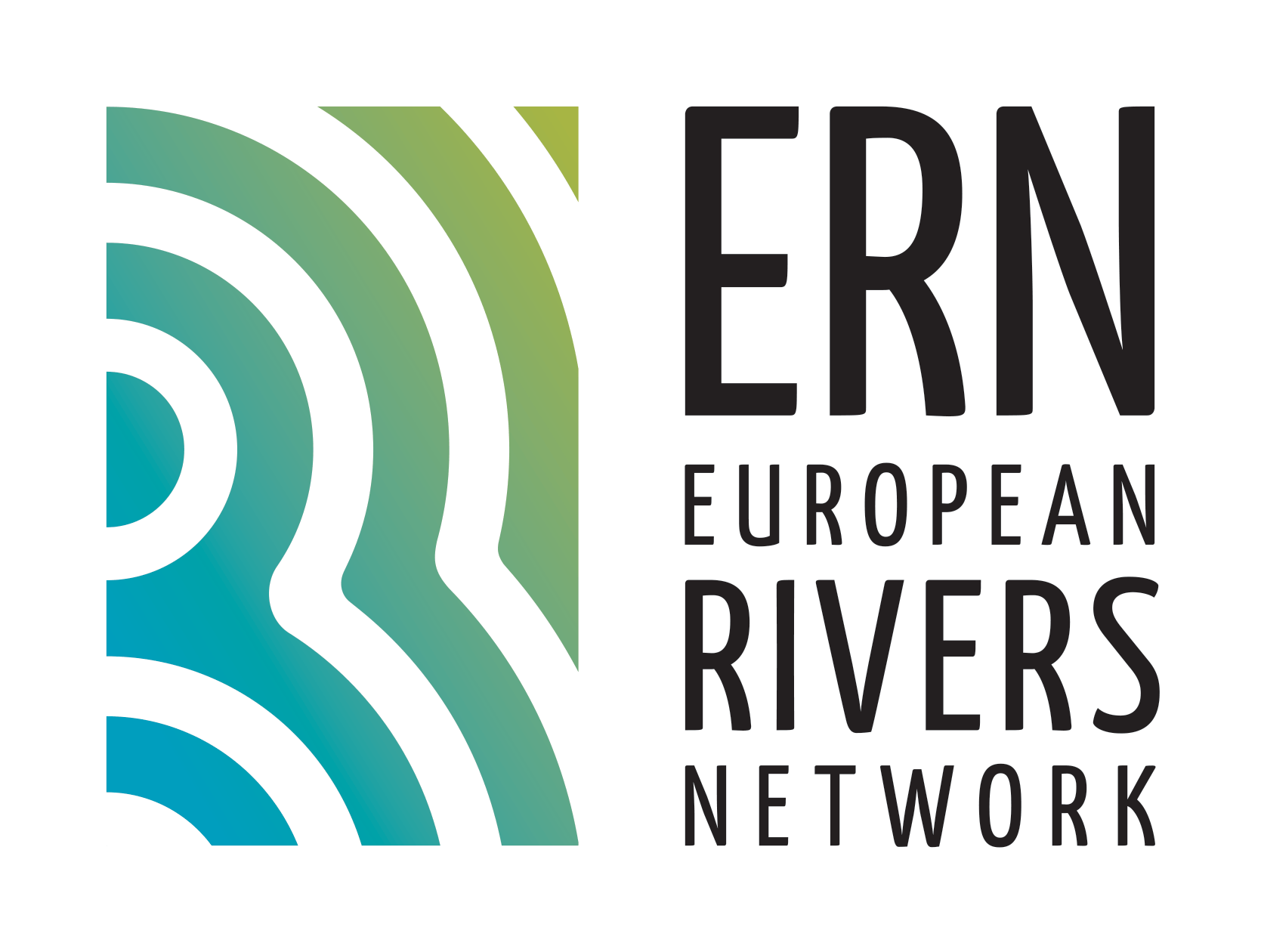
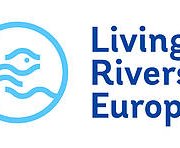

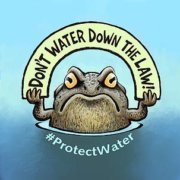
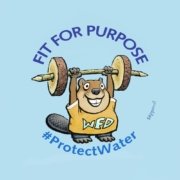

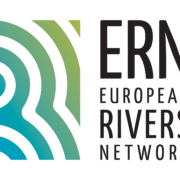
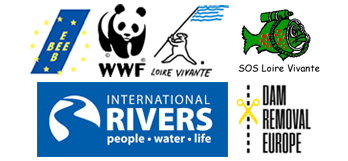 ERN is the official WWF Freshwater Partner in France and cooperates with WWF Switzerland, Austria, Netherlands and others
ERN is the official WWF Freshwater Partner in France and cooperates with WWF Switzerland, Austria, Netherlands and others